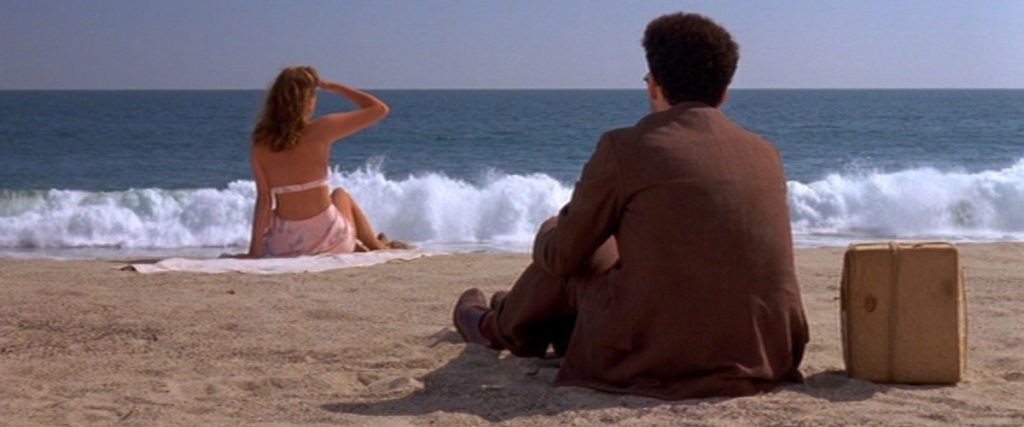
A few days ago, lostintranslation's posts about El túnel worked as a spur for my reading the novel again. The thing is that rereading literature that for some reason or other was important to you many years ago is like visiting--and probably confronting--your old self(s). [By the way, there's this autobiographical short story by Borges, "El otro", that works as an imaginary elaboration of this potentially violent experience.] However, if I am to trust my memories while reading El túnel now, my old self back in the 70's was quite receptive to the grotesque, and parodic or satiric hints--as a matter of fact, I immediately remembered the idle and snobbish chat of Hunter and Mimí almost to the detail (a former physicist, and presumably alien both to literary circles and high society, here Sabato seems to be settling scores with them). But what is haunting me these days is the memory of this fatal and unnoticeable woman that faces the sea on a corner of Castel's painting. You can't possibly forget this motive once you've read the book, since it works as the main trigger in the plot, but I suddenly linked it with an important element in a movie faraway in time and space. It's probably a long shot, and not very meaningful either, but just playing with ideas--the Coens, readers of Sabato?
I'm happy to hear you revisited the book! I feel the same way about coming back to literature from your past...which is probably why I'm rarely inclined to do so. I didn't realize Sabato started out as a physicist. Before reading, I'd only briefly skimmed over an online biography. I always wonder about the extent to which authors insert themselves in their writing. I believe pure fiction exists, but I have to admit that Castel's disdain felt...personal at certain points.
I've never watched the movie you're referring to, but I watched the ending scene and it does evoke a similar feeling. Interesting that you made the connection.
There probably are other instances of this motif, I don't think Sabato simply invented it--must be some tradition behind. Romanticism, perhaps. Caspar David Friedrich's works come to mind
Thanks for sharing. I am interested in learning more about the book.